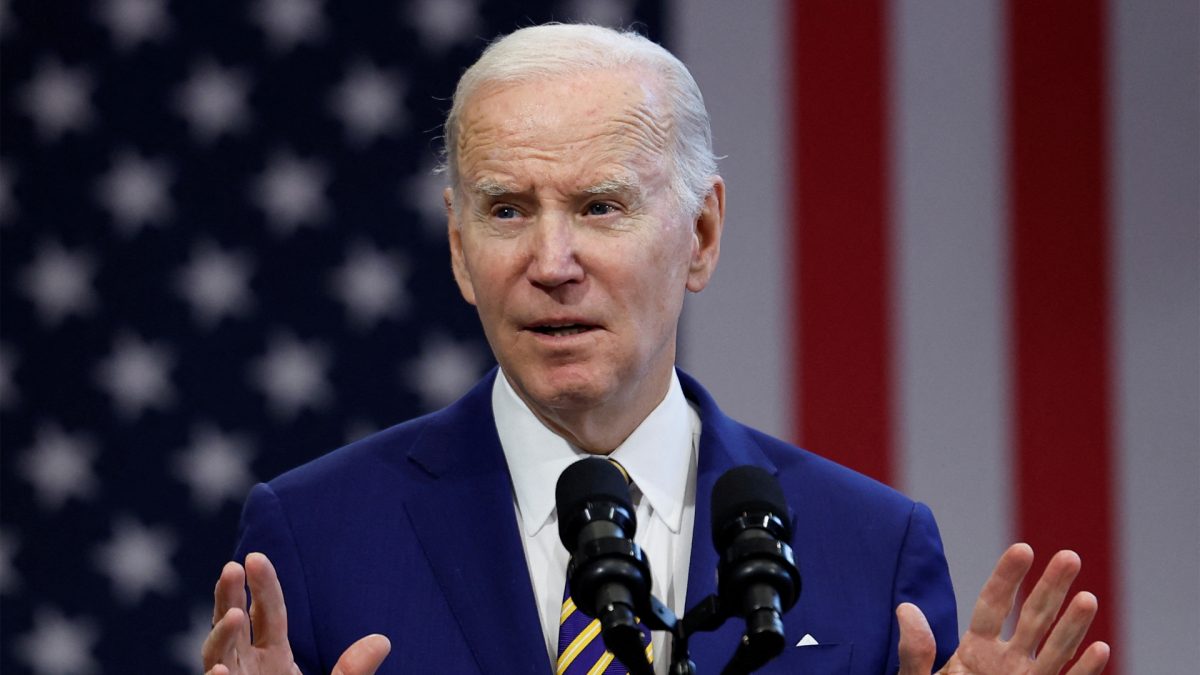The fight for a fair and open internet faced a major setback as a federal appeals court ruled that the Federal Communications Commission (FCC) lacks the authority to enforce net neutrality rules. The decision, handed down by the US Court of Appeals for the 6th Circuit, declared broadband internet an “information service” rather than a “telecommunications service,” undermining the FCC’s power to regulate it under Title II. This ruling struck a blow to the Biden administration and Democratic leaders advocating for stronger net neutrality protections.
The court’s decision effectively ends FCC regulations that previously prohibited internet providers from slowing, blocking, or prioritising content for a fee, sparking concerns about potential “fast lanes” for wealthier companies and reduced access for others. Advocates for net neutrality argue that the decision puts the open internet at risk, threatening equal access to online content for consumers and businesses alike.
Key factors behind the ruling
Judge Richard Allen Griffin, part of the all-Republican panel in Cincinnati, cited a recent Supreme Court ruling in the 2024 Loper Bright case as pivotal to the decision. The ruling overturned Chevron deference, which previously allowed government agencies leeway in interpreting ambiguous regulations. The court stated that the FCC’s attempts to enforce net neutrality reflected years of inconsistent authority and vacillating policies, further weakening the commission’s position.
The judgment also aligns with the deregulatory stance of incoming FCC Chair Brendan Carr, a long-time critic of net neutrality. Carr, who supported rolling back net neutrality rules in 2017, argued that deregulation spurs innovation and enhances consumer freedom. This perspective has drawn sharp criticism from those who view net neutrality as essential for maintaining a level playing field on the internet.
Democratic push for Congressional action
Democratic leaders, including FCC Chair Jessica Rosenworcel and Senate Majority Leader Chuck Schumer, called on Congress to take action in light of the court’s decision. Rosenworcel emphasised the public’s overwhelming desire for an open and fair internet, urging lawmakers to codify net neutrality into federal law. Similarly, Schumer decried the ruling as a profit-driven move that prioritises corporate interests over everyday Americans who rely on affordable, open internet access.
Despite the setback, Democrats vowed to continue the fight. Schumer pledged to push for a Senate vote to establish net neutrality protections, framing it as a crucial step to ensure fairness in how the internet operates. With the Republican-led judiciary presenting challenges, the battle for net neutrality is shifting firmly into the legislative arena.
Impact Shorts
More ShortsA clouded future for Internet regulation
The ruling raises pressing questions about the future of internet regulation in the US Without net neutrality protections, critics warn that broadband providers could exert greater control over access and pricing, potentially sidelining smaller companies and stifling innovation. While deregulation proponents argue that market forces will prevent such abuses, net neutrality advocates fear the decision could exacerbate inequalities in internet access, affecting consumers and businesses alike.
As the legislative battle intensifies, the fate of net neutrality will likely shape the digital landscape for years to come, leaving consumers and tech companies watching closely for the next chapter in this ongoing saga.


)

)
)
)
)
)
)
)
)



